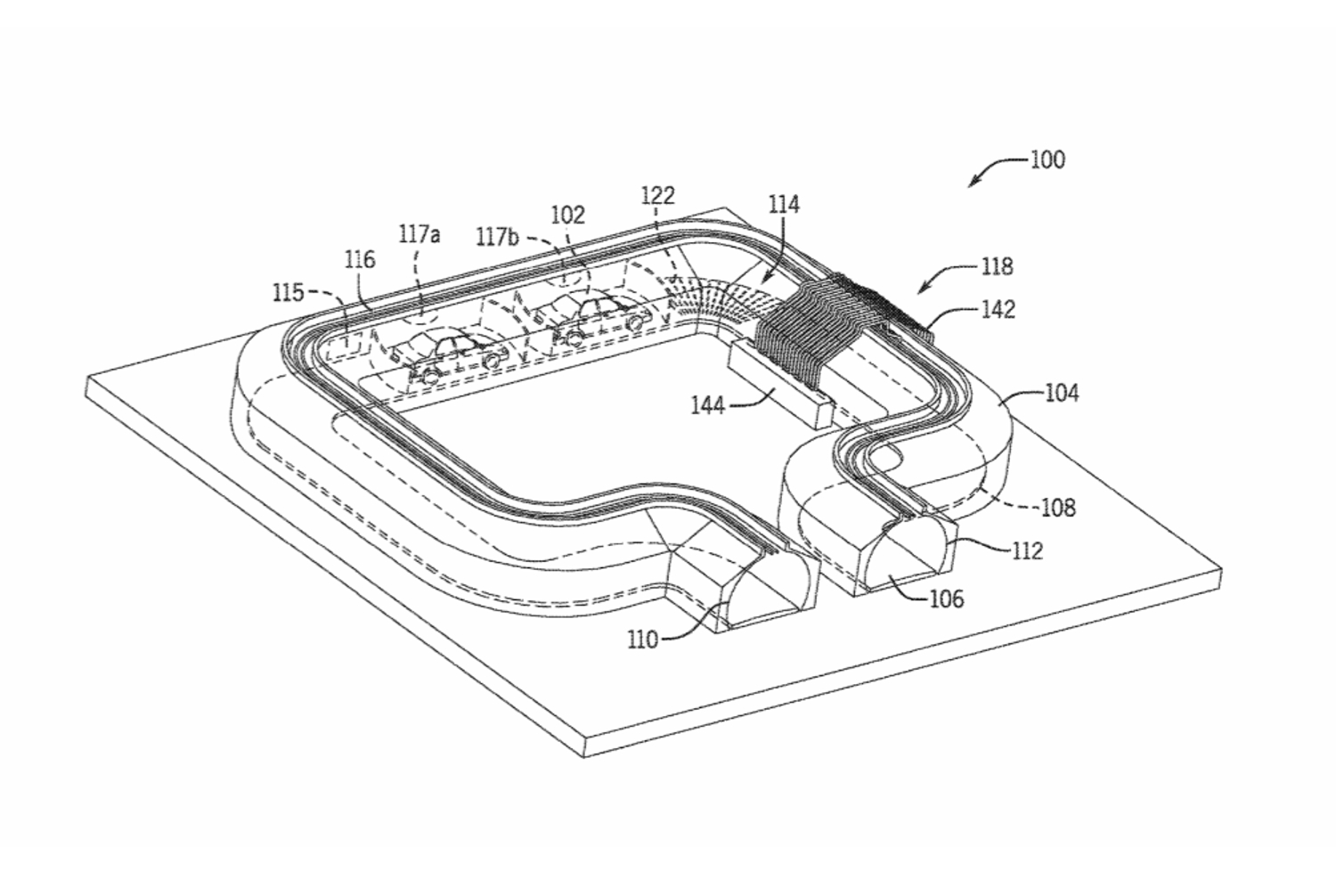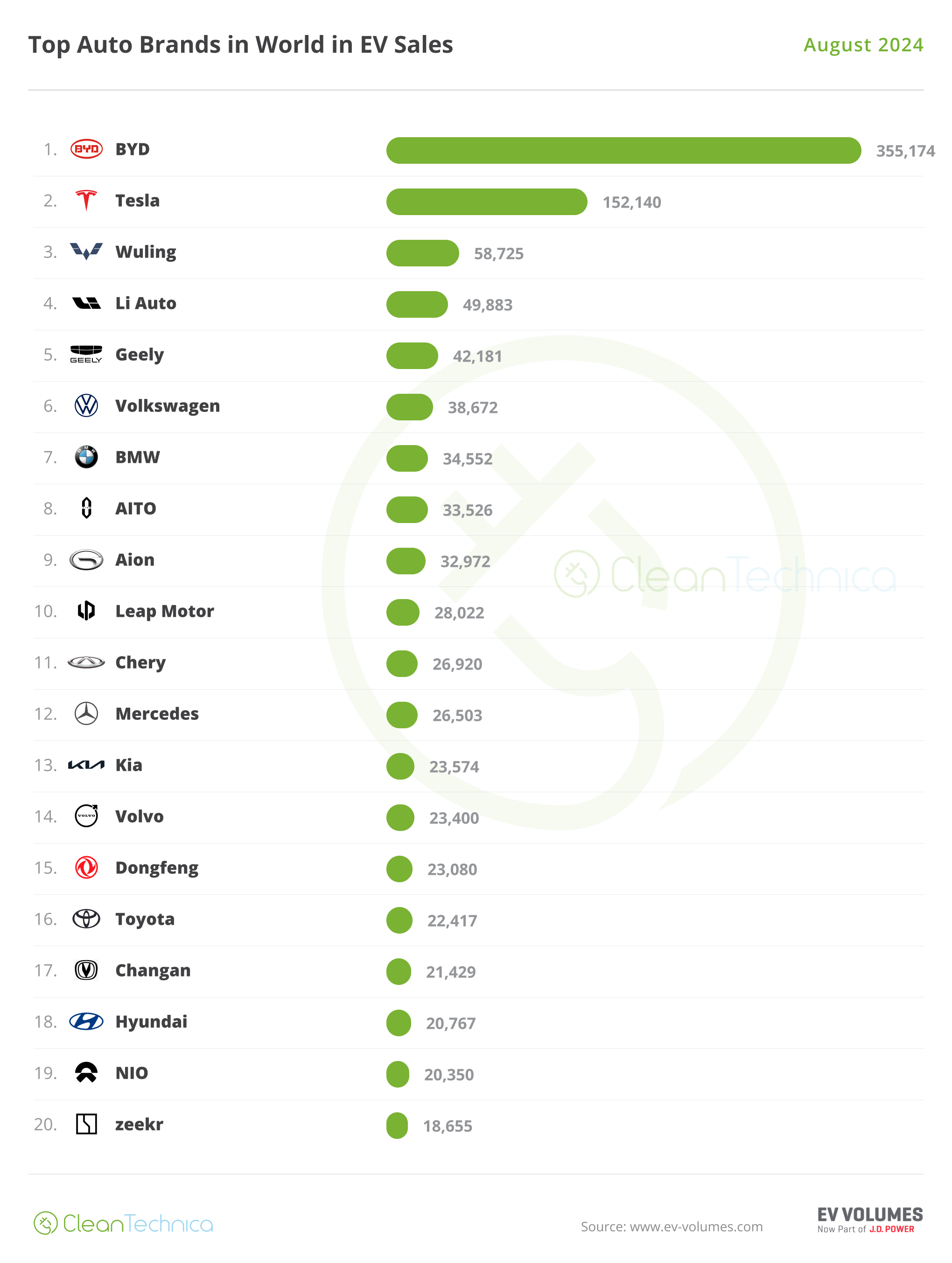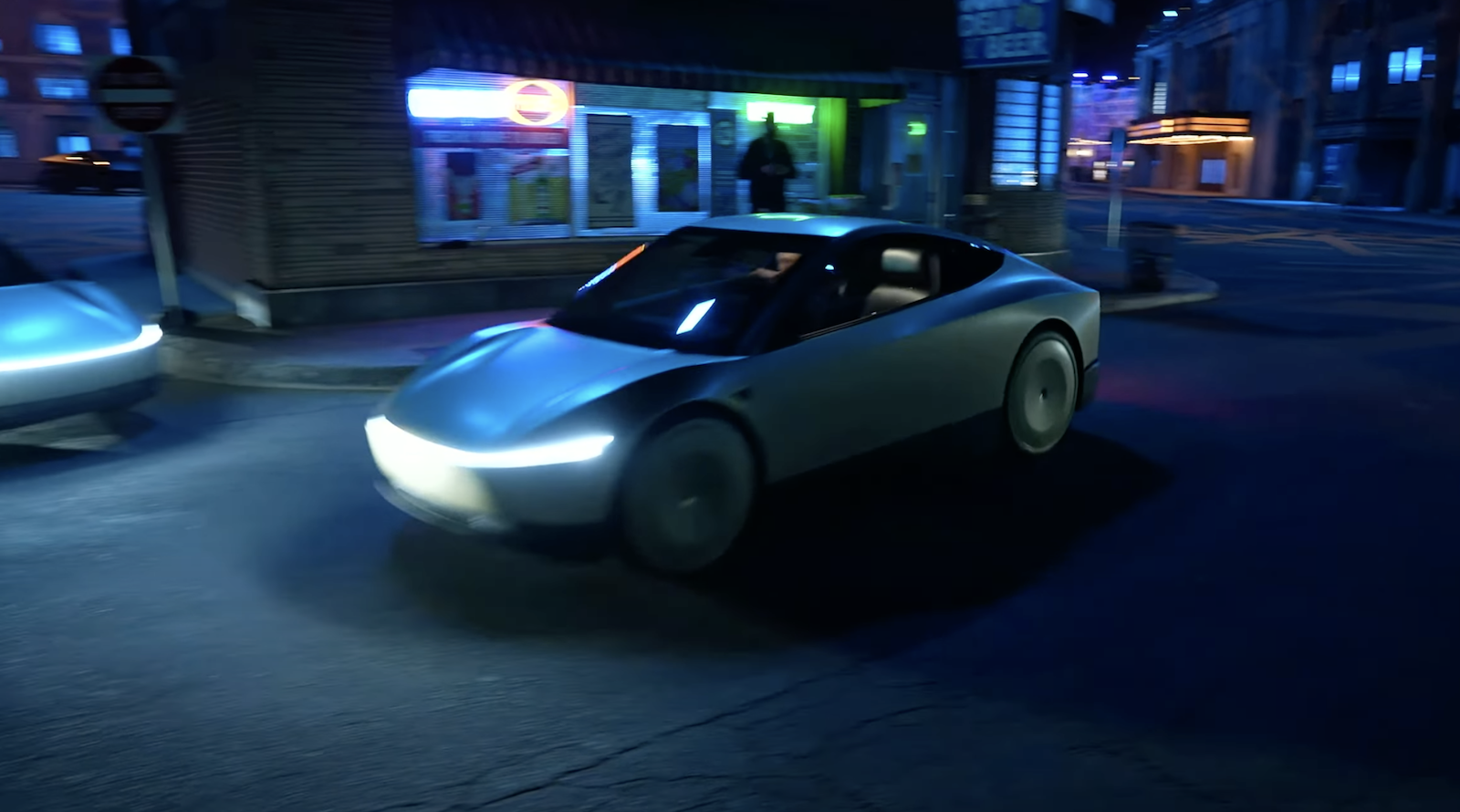Sign up for daily news updates from CleanTechnica on email. Or follow us on Google News!
An electric car needs to be recharged periodically. Charging takes more time than pumping gas. Thanks to the digital revolution, we have been trained to expect what we see on our various screens to change at least once a second. Video games feature constant motion. Directors and producers of television shows and movies have learned to change what we see on our screens constantly because we get bored so easily. People feel compelled to check their cellphones constantly for fear of missing out on the latest new thing.
Disney is in the entertainment business. Its mission is to amuse people every second of every day — for a fee, of course. Its latest idea is to build charging pods that would envelop people in an immersive world of entertainment customized to their personal tastes by using their personal data to create content tailored to their specific viewing preferences. So instead of going for a walk or reading a book, they can be digitally entertained while their battery is being charged. It’s brilliant and a little bit sinister all at the same time.
Disney In-Car Amusement Systems

Image credit: Blog Mickey
Disney has actually applied for two patents for this new technological marvel, one for a charging session that lasts for up to an hour and another shorter version to keep us entertained while wait for our barista to create the perfect latte.
Companies apply for patents all the time, and many of those patents never turn into anything real. It’s part of a corporate dance designed to lock up the commercial rights to an idea before anyone else does. It’s similar to people reserving a domain name in hopes that someday someone will want it so badly they will pay big bucks to get it.
According to Blog Mickey, a website that specializes in keeping people informed about anything and everything related to the vast Disney entertainment empire, the latest patent applications from The Mouse show an entertainment system that makes waiting for everything from picking up groceries to charging your EV a better experience — “better” being a relative term.
Disney outlined the limitations of current vehicle entertainment systems in its patent filing:
“Onboard computing and infotainment capabilities of vehicles have become increasingly sophisticated. Yet the content presented by such systems remains limited to in-dash or other internal screens and audio systems which necessarily limit the immersiveness of the experience,” the company wrote. “For example, while an in-vehicle infotainment system may play a movie, an occupant need only look out the window and see the real-world outside of the movie breaking the immersion in the media.”
Oh, the horror! How dare the real world intrude on people’s immersive digital fantasies!
“Further exacerbating the problem, electric vehicles may need long periods of non-driving time to charge.”
“During such times, occupants may find themselves in their vehicles, not driving, and with little to do while the vehicle charges,” the patent filing said. “Currently, there is no way to provide immersive entertainment to the occupants of the vehicle during such periods of non-driving time. Improved methods and systems of providing content to vehicle occupants are needed,” Disney claimed in its patent application.
Behold The Immersive Entertainment Pod
But fear not, technophiles. Disney has the answer. Every problem is just an opportunity for people with vision. The company sees a market that its unique entertainment brand can fill. Disney wants to create what it describes as an “immersive entertainment pod” — sort of cross between a Quonset hut and an igloo — that people can drive into. Once inside, they can plug in (wireless charging systems would relieve drivers of even that simple chore) and then be surrounded in a deeply immersive digital experience.
That pod would include vehicle charging and allow for immersive experiences like “driving” around various environments, such as a safari, for example. The external entertainment content would integrate with your vehicle’s infotainment system and controls to allow you to “drive” through a scene.
“In one embodiment, the entertainment system includes a display external to the vehicle and viewable by an occupant of the vehicle. The entertainment system includes a communication module to receive occupant preferences from an occupant, and a processor configured to generate or modify content to be presented on the display based on the occupant preferences,” the company wrote in the patent abstract.

Image credit: Blog Mickey
The second patent filing describes a system that looks a lot like a car wash — a long circular tunnel that projects all manner of digital wonders onto its walls while the people inside wait for their groceries to be loaded, or two all-beef patties, special sauce, lettuce, cheese, pickles, onions on a sesame seed bun with a side of fries to be delivered. If automakers ever figure out true autonomous driving technology, the car could drive itself through the tunnel with digital screens on all sides without any input from the driver. Oh, happy day.
The Vision Of Neil Postman
Neil Postman was a student of Marshall McLuhan, one of the first people to report on the societal changes wrought by viewing screens. McLuhan told us, “The medium is the message,” but Postman built on that insight by examining the impact of screens on social communication. Postman is dismissed by academics because he did not have the correct credentials, in their view, and was therefore not fit to carry McLuhan’s briefcase.
Nevertheless, Postman wrote a book in 1985 entitled “Amusing Ourselves to Death: Public Discourse in the Age of Show Business.” According to Wikipedia, the book had its origins in a talk Postman gave to the Frankfurt Book Fair in 1984, while part of a panel discussion on George Orwell’s 1984 and the contemporary world.
In the introduction to his book, Postman said that the contemporary world was better reflected by Aldous Huxley’s Brave New World, whose public was oppressed by their addiction to amusement, rather than by Orwell’s work, where they were oppressed by state violence. Postman sees television’s entertainment value as a present-day “soma,” the fictitious pleasure drug in Brave New World, by means of which the citizens’ rights are exchanged for consumers’ entertainment.
The Takeaway
We want to stress that Disney has shown no indication that it actually intends to construct amusement systems similar to those described in its patent applications. However, the fact that it filed them at all should give pause and reason for reflection for those who like to ponder the future of human civilization.
Ultimately, the Disney scheme will fail because electric car charging times will fall as better batteries reach the market. Then we won’t have quite as much time to fill in our all-electric days and no need for such diversions. But there is a cautionary message here, nonetheless.
People like Elon Musk think we are all just computer simulations anyway. Let’s not give him any more reasons to believe that is true. Read a book, paint a picture, write a story. Our brains are like muscles. If they don’t get enough exercise, they atrophy. Don’t let Disney and Musk and others like them capture your brain with promises of endless entertainment so really do amuse ourselves to death.
In the immortal words of Dan Quayle, “What a waste it is to lose one’s mind. Or not to have a mind is being very wasteful. How true that is.”
Have a tip for CleanTechnica? Want to advertise? Want to suggest a guest for our CleanTech Talk podcast? Contact us here.
EV Obsession Daily!
I don’t like paywalls. You don’t like paywalls. Who likes paywalls? Here at CleanTechnica, we implemented a limited paywall for a while, but it always felt wrong — and it was always tough to decide what we should put behind there. In theory, your most exclusive and best content goes behind a paywall. But then fewer people read it!! So, we’ve decided to completely nix paywalls here at CleanTechnica. But…
Thank you!
Tesla Sales in 2023, 2024, and 2030
CleanTechnica uses affiliate links. See our policy here.





